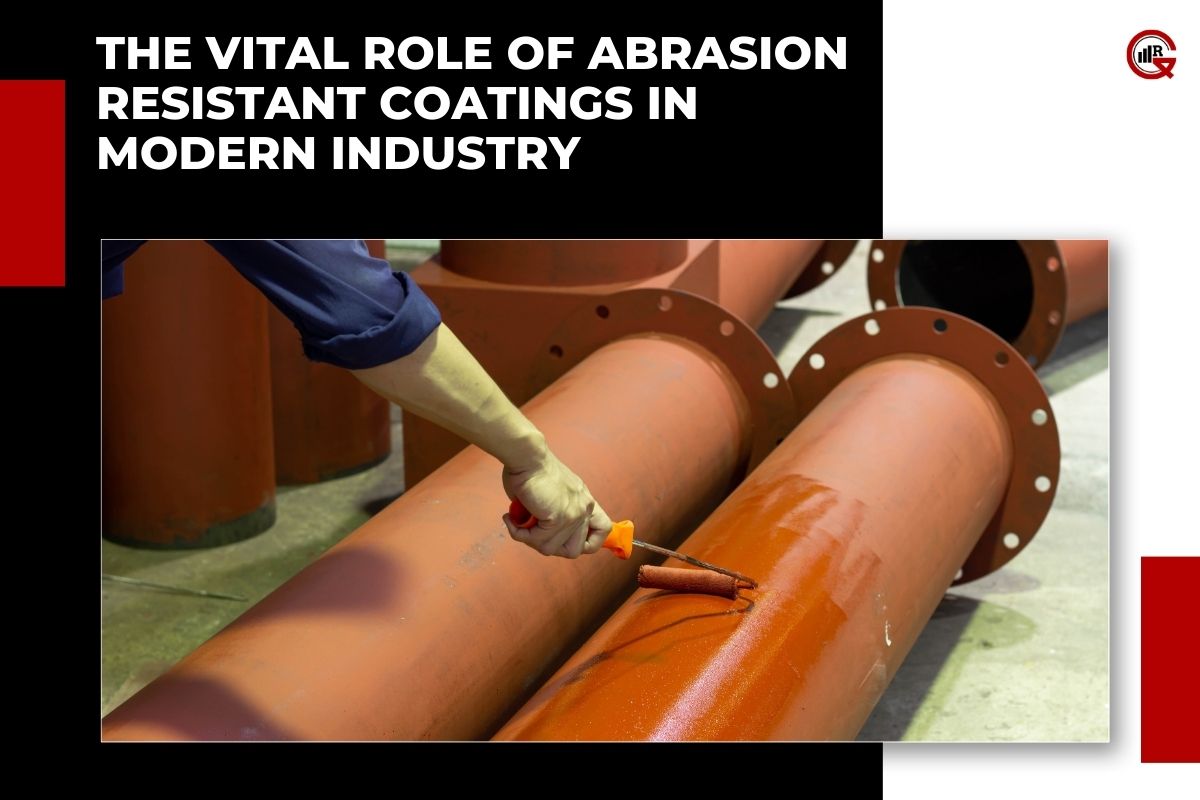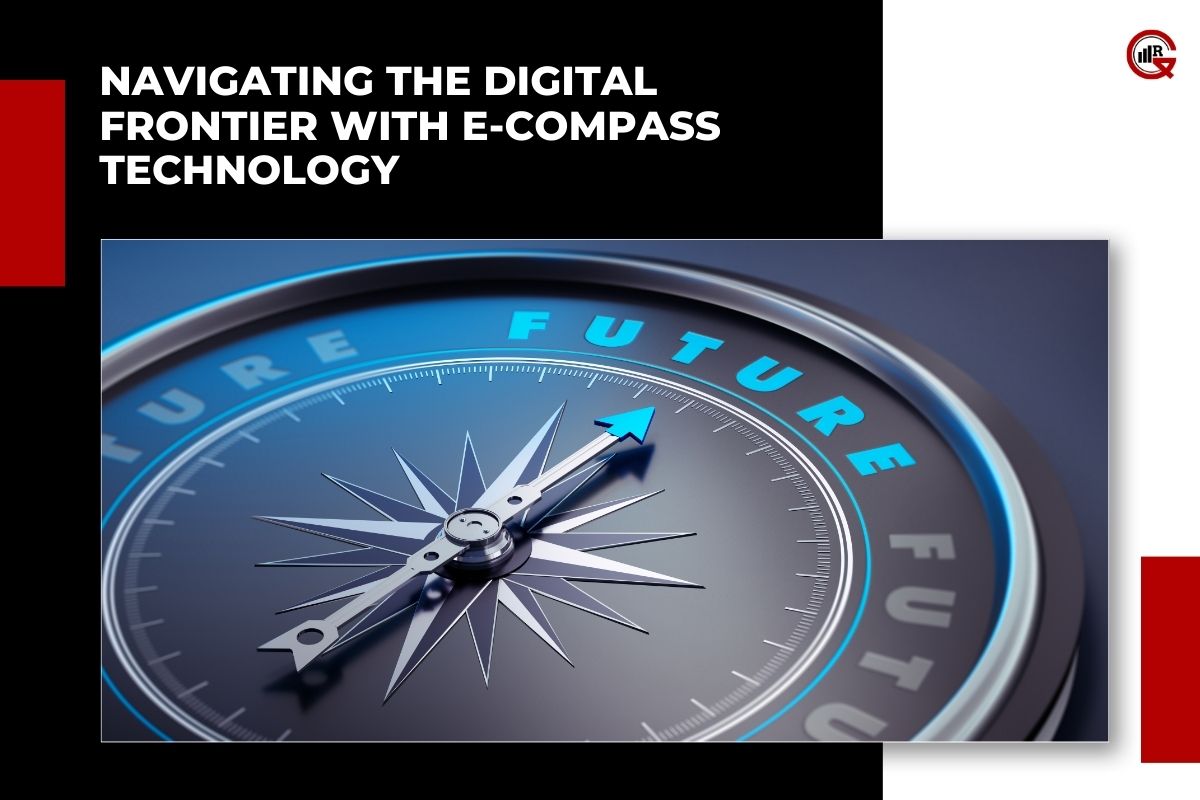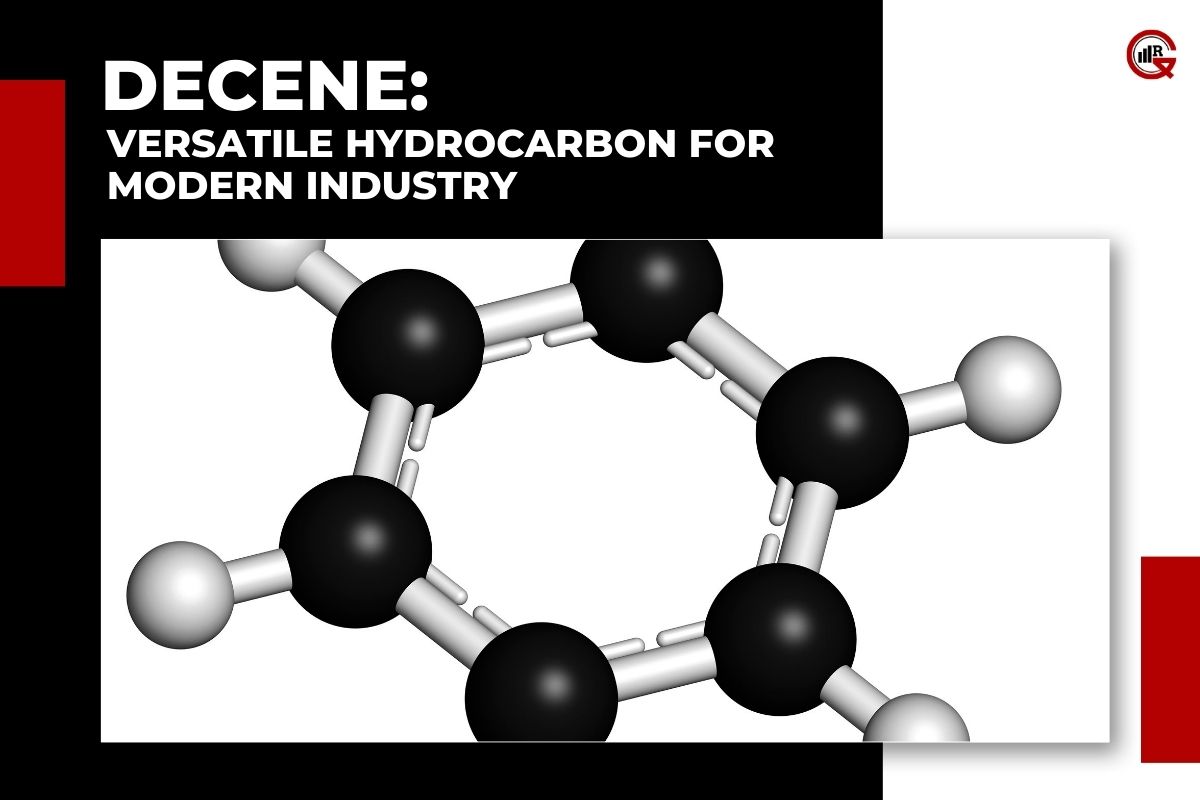In the contemporary industrial landscape, the durability and longevity of materials and equipment are paramount. One of the significant challenges faced across various industries is the wear and tear caused by abrasion. Abrasion resistant coatings have emerged as a critical solution to this problem, offering enhanced protection and extending the life of materials exposed to harsh conditions. This article explores the world of abrasion-resistant coatings, their importance, applications, types, and future prospects.
Understanding Abrasion Resistant Coatings
Abrasion-resistant coatings are specialized surface treatments designed to protect materials from wear and tear caused by friction, mechanical action, or contact with abrasive materials. These coatings are engineered to provide a hard, durable surface that can withstand significant mechanical stress, thereby reducing the rate of material degradation.
Importance of Abrasion Resistant Coatings
The significance of abrasion-resistant coatings cannot be overstated. They play a crucial role in:
Prolonging Equipment Life: By protecting surfaces from wear and tear, these coatings help extend the operational life of equipment and components, leading to reduced maintenance and replacement costs.
Enhancing Performance: Resistant coatings maintain the structural integrity and performance of materials, ensuring that they function efficiently even under harsh conditions.
Cost Savings: Reducing the frequency of repairs and replacements translates into substantial cost savings for industries. The initial investment in abrasion coatings is often offset by the long-term financial benefits.
Safety: In industries like mining and construction, where equipment is subjected to extreme abrasion, these coatings ensure the safety and reliability of machinery, thereby reducing the risk of accidents and operational failures.
Applications of Abrasion Resistant Coatings
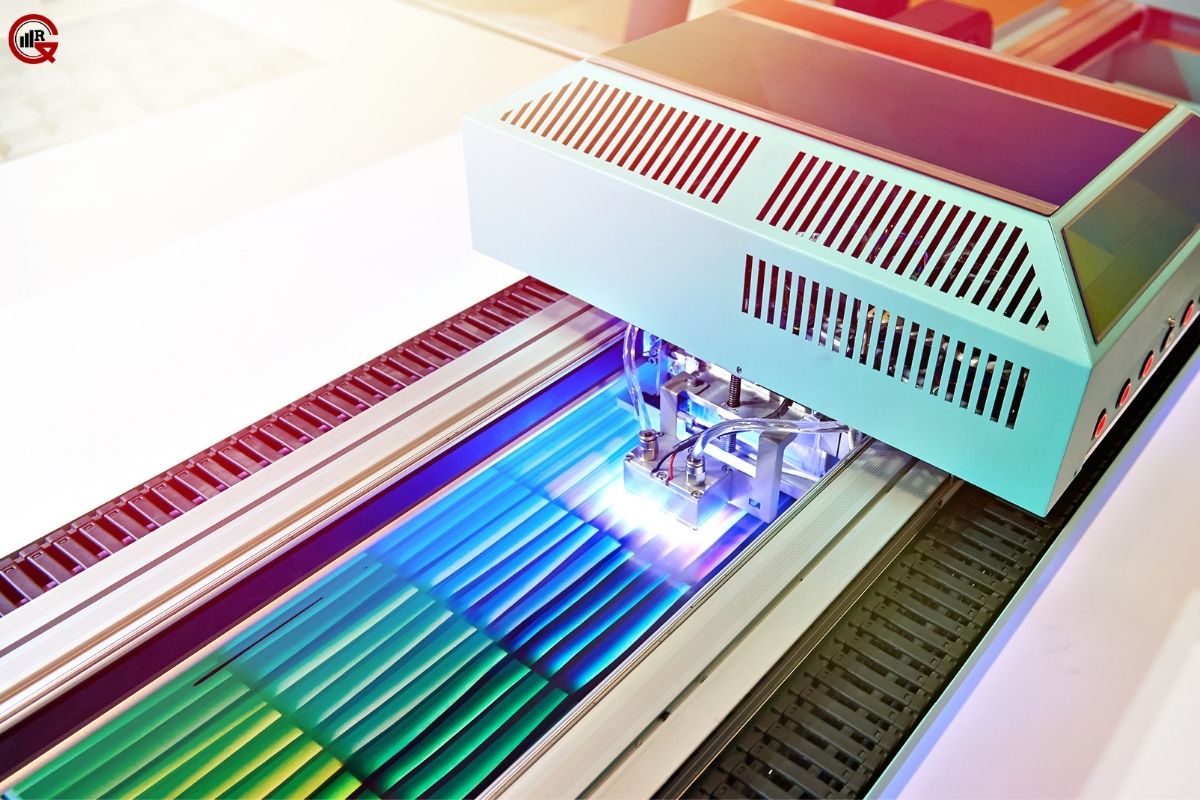
Abrasion coatings are used across a wide range of industries due to their versatility and effectiveness. Some key applications include:
Mining and Drilling: Equipment used in mining and drilling is exposed to severe abrasion from rocks, minerals, and other materials. Coatings are applied to protect drill bits, excavation tools, and transportation systems.
Construction: Construction machinery and tools, such as bulldozers, cranes, and concrete mixers, benefit from abrasion-resistant coatings to withstand the abrasive nature of construction materials.
Manufacturing: In manufacturing, especially in sectors dealing with heavy machinery and moving parts, coatings are applied to gears, rollers, and conveyor belts to prevent wear and extend their service life.
Automotive: Automotive components, including engines, bearings, and braking systems, use abrasion-resistant coatings to reduce wear, improve efficiency, and enhance durability.
Aerospace: In the aerospace industry, where materials are subjected to extreme environmental conditions, resistant coatings ensure the longevity and reliability of critical components.
Oil and Gas: Equipment in the oil and gas sector, such as pipelines, pumps, and valves, are coated to resist abrasion caused by the high-pressure flow of abrasive fluids and gases.
Types of Abrasion Resistant Coatings
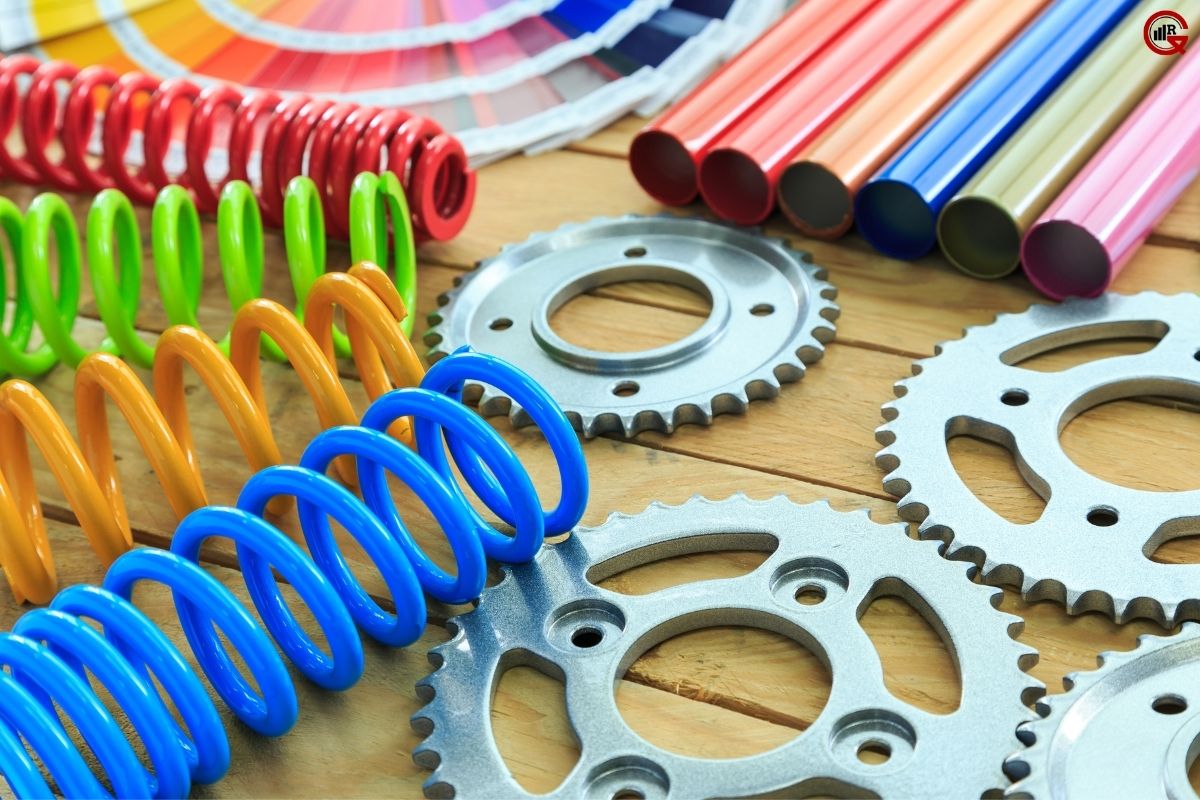
Several types of resistant coatings are available, each with unique properties suited for specific applications:
Ceramic Coatings: These coatings are known for their excellent hardness and resistance to wear and corrosion. They are commonly used in high-temperature applications and environments with extreme abrasion.
Polyurethane Coatings: Polyurethane coatings offer a combination of flexibility and abrasion resistance, making them ideal for protecting surfaces that experience both impact and abrasion.
Epoxy Coatings: Epoxy-based coatings provide strong adhesion and resistance to chemical and mechanical wear. They are widely used in industrial settings for their durability and protective qualities.
Metallic Coatings: Metal-based coatings, such as chromium and nickel, are applied to enhance surface hardness and resistance to wear. These coatings are often used in applications requiring high mechanical strength.
Thermoplastic Coatings: These coatings are applied in a molten state and then solidified, forming a tough, abrasion-resistant layer. They are used in applications where flexibility and impact resistance are essential.
Future Prospects and Innovations
The future of abrasion resistant coatings is bright, with ongoing research and development aimed at enhancing their properties and expanding their applications. Some promising trends and innovations include:
Nanotechnology: The use of nanomaterials in coatings can significantly enhance their abrasion resistance, mechanical strength, and overall performance. Nanocoatings offer superior protection at thinner layers, reducing material usage and weight.
Self-Healing Coatings: Researchers are developing coatings with self-healing properties that can repair minor damages automatically, extending the life of the coating and the underlying material.
Green Coatings: Environmentally friendly coatings are becoming increasingly important. Innovations in bio-based and non-toxic coatings aim to reduce the environmental impact of protective coatings.
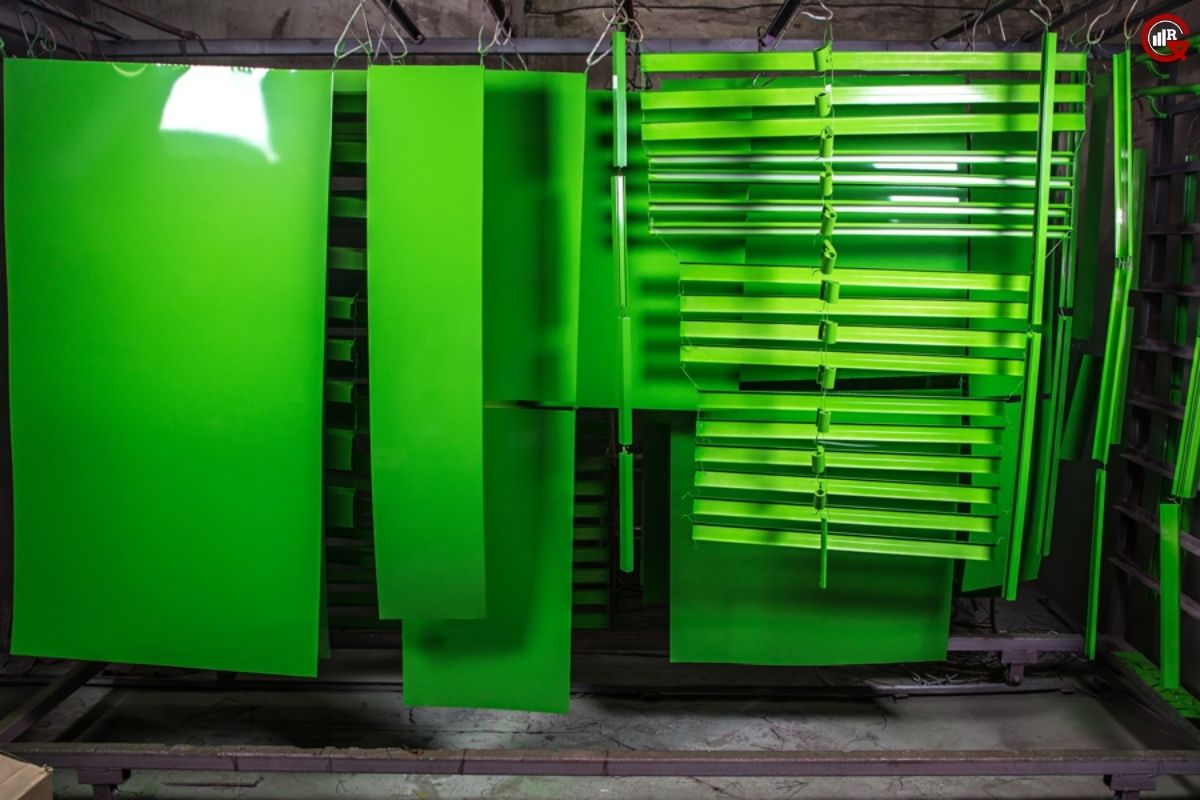
Advanced Testing Methods: Improved testing and characterization techniques are being developed to better understand the wear mechanisms and effectiveness of abrasion resistant coatings. This will lead to more targeted and efficient coating solutions.
Smart Coatings: Smart coatings with embedded sensors and responsive properties are being explored. These coatings can monitor wear and provide real-time data on the condition of the protected material, enabling predictive maintenance and reducing downtime.
Conclusion
Abrasion resistant coatings are a vital component in modern industry, offering significant benefits in terms of durability, performance, cost savings, and safety. Their applications span across various sectors, from mining and construction to aerospace and automotive, highlighting their versatility and importance. As research and development continue to drive innovations in this field, the future holds exciting possibilities for even more effective and sustainable abrasion resistant coatings. These advancements will not only enhance the performance and longevity of materials but also contribute to more efficient and environmentally friendly industrial practices.

